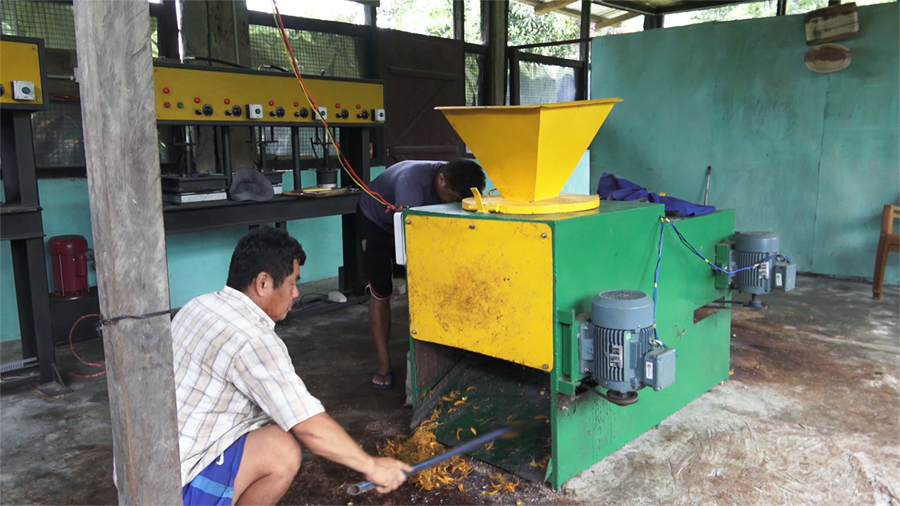
Machines have transformed the lives of many farmers, making farming easier. In Pema Gatshel’s Norbugang Gewog, villagers are reaping the benefits of the de-husking machines as they are able to earn better when the betel nuts are dehusked. Until now, the villagers had to do the dehusking work manually.
The residents of Tenzinwama and Satsalu villages in Norbugang Gewog grow areca nut as their primary cash crop.
However, they struggled to earn a good income due to a lack of dehusking machines.
Villagers said they were able to earn around Nu 300 for 80 pieces of areca nut but now, they earn an additional Nu 100 to 200 when the betel nuts are dehusked.
They are selling it in the nearby towns and districts.
“In the past, we used to sell the betel nut for Nu 300 per pon which is 80 pieces. Now, we are selling it at Nu 400 to 500 per pon after dehusking it. Shopkeepers are reluctant to buy the betel nuts which are not dehusked but today we never face challenges like in the past,” said Sonam Yeshi, a resident.
“We are benefitting from it. When we were doing it manually, our hands used to get hurt, causing blisters. With such a machine, we can dehusk the betel nut within a short time,” said Loday, another resident.
For proper management, the residents have formed a machine user group.
Currently, the user group collects Nu 30 to 50 for dehusking 80 pieces of betel nuts.
The machine takes about 20 minutes to dehusk 400 pieces of betel nut.
So far, residents used the machine to dehusk more than 1,000 kilogrammes of betel nuts.
The district agriculture sector and the gewog administration had spent about Nu 250,000 to buy a machine.
In addition to the two machines in Norbugang Gewog, the residents of Arden and Dawamay villages in Chokhorling Gewog received another two machines.
Thinley Dorji, Pema Gatshel
Edited by Tshering Zam








